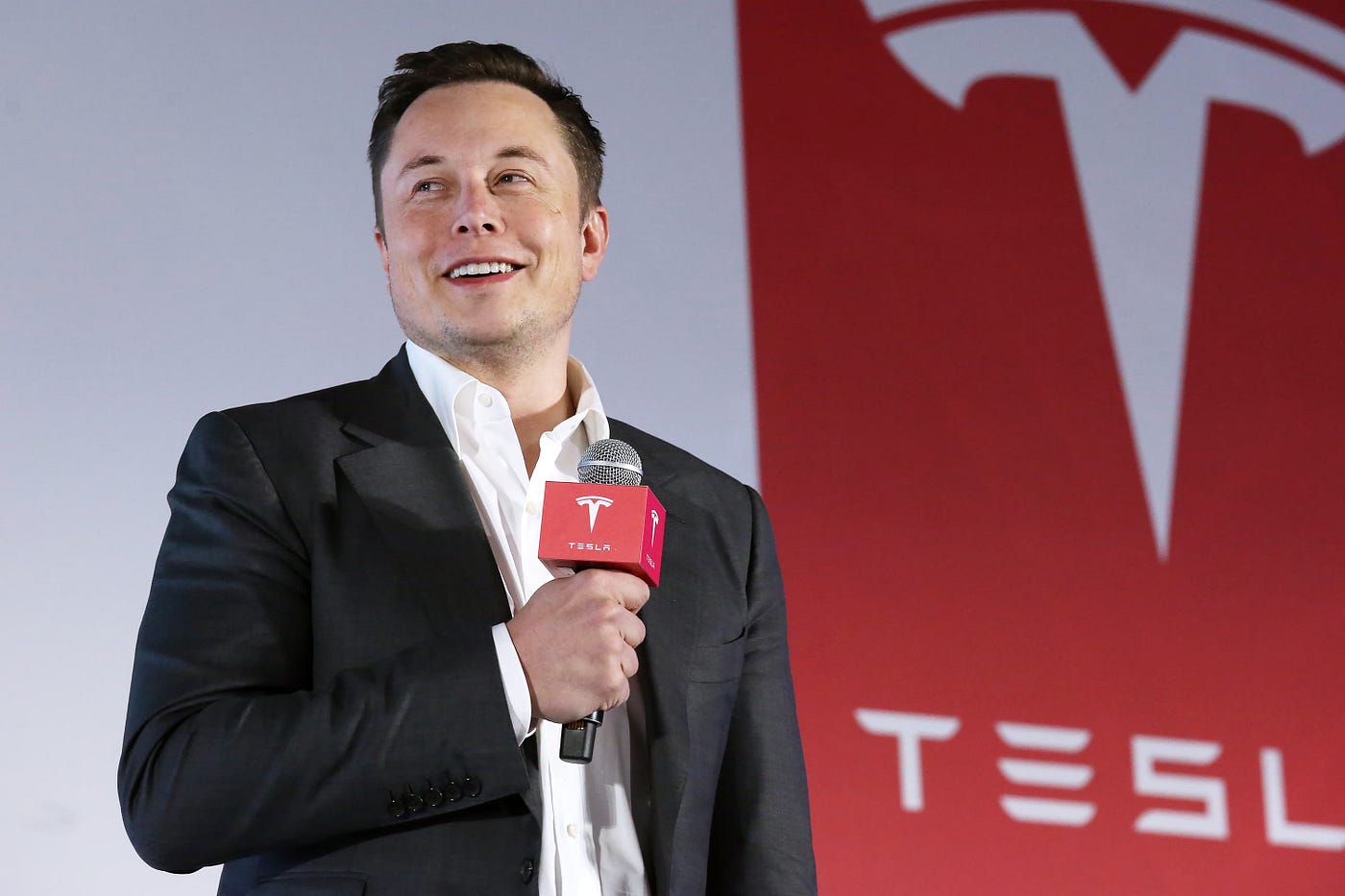
You may remember The Emperors' New Clothes, a fable about a ruler who is fond of snazzy outfits. One day the emperor gets bamboozled by visiting tailors. They sell him the idea that they have magical fabrics that are only visible to the smart. Thus by wearing clothing made from these textiles, he will learn who is wise and who is a fool. The emperor pretends that he can see the non-existent fabric.
Not one of the emperor's people tells him the truth. One day the mighty leader is walking through town in a large procession. People telling him how great he looks. A child cries out, "But he hasn't got anything on!" The emperor continues forward. Naked and delusional.
How often do you encounter an executive who thinks they are omnipotent? Egos and careers can ascend in tandem. We meet approximately 100 management teams a year. Often we find ourselves in a discussion about how to stick-handle around someone's ego.
Last year we met the CEO of one of the largest software companies in the world. He was more interested in talking about the marketing of his autobiography than the future of his company. Bill Gates famously said, "Success is a lousy teacher. It seduces smart people into thinking they can't lose." No one is immune to getting a fat head. It actually takes a commitment to stay grounded. Especially when it feels like the whole world is telling you how awesome you are. To be candid, the three of us have had our egos get the better of us too. We are grateful to the people in our lives that do not allow for hubris. Over time we've learned that a lot of humility goes a little way.
Narcissism has a material impact on business. A 2013 study of CEOs across the 500 companies listed on Standard and Poor's Index, found that narcissistic CEOs often under perform their peers and are more likely to be convicted of fraud.
We live in a culture that celebrates supreme narcissism. Our media heaps attention on 'look at me' celebrities like Paris Hilton. Technology strokes our inner Kardashian every time we check our smartphones to see how many people "liked" our last post.
Arijit Chatterjee and Donald Hambrick of Pennsylvania State University cautions, "Narcissism in the corporate executive suite can be expected to lead to substantial consequences … including strategic grandiosity and submissive top management… CEO narcissism may matter greatly to individual organizations, their stakeholders, and to entire social systems."
Experts underscore the differences between confidence and reckless hubris. In an interview, Jean Twenge, psychologist and co-author of The Narcissism Epidemic, draws the distinction between "self efficacy," which is the belief that "my actions will have an impact" versus narcissism, which is an "inflated sense of self" that leads to thinking that you are better than you actually are.
She explains that narcissists are self-absorbed risk takers who can alienate people due to a lack of caring for others. If you want to see how you rate, take the narcissism test here.
http://personality-testing.info/tests/NPI.php
In our experience, executives stay grounded by surrounding themselves with people who won't tolerate self-importance. Twenge reminds us, "relationships are the key to keeping our egos in check."
Recently when a high-profile executive we know crashed and burned, Al turned to Dave and Christopher and said, "You know what his problem is? He doesn't have brothers." Meaning, that true partners wouldn't sit idle and let CEOs make delusional decisions. The more that is learned about narcissism the clearer it gets – the most critical thing for executives to mange is their own egos.
